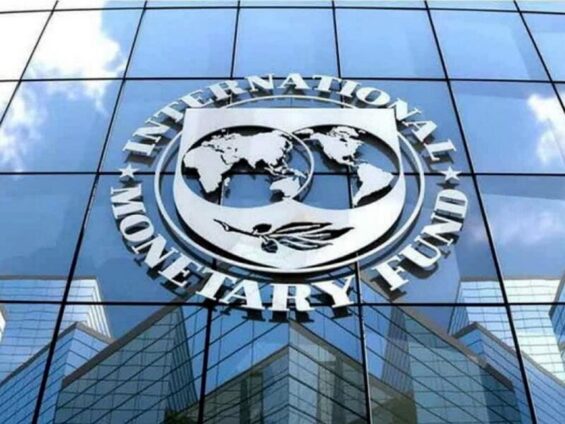Ghana’s consolidation efforts over the remaining International Monetary Fund (IMF) Economic Credit Facility programme period will continue to be based on revenue mobilisation, given the country's low tax-to-Gross Domestic Product ratio compared to peers and its large development and social needs.
This means the government will have to shore up its revenue and introduce new taxes instead of scrapping existing taxes.
According to the IMF, the Ghanaian government's objective is to raise the revenue-to-GDP ratio to over 18% by the end of the programme, from 15.7% in 2022.
The Fund explained that the 2023 Medium Term Revenue Strategy remains the main anchor of the government expected revenue increase, with key expected measures for the coming years focusing on reducing tax expenditures and strengthening tax compliance.
It stressed that expenditure will need to be streamlined, particularly in the short term, while preserving growth-enhancing public investment, expanding social safety nets, and eliminating extra-budgetary spending and arrears buildup.
Additional savings over the medium term will come from a more efficient spending allocation and a reduction in the large subsidies to the energy sector through tariff adjustments and cost reduction measures.
Ghana to reach moderate risk of debt distress in 2028
Meanwhile, Ghana is expected to reach a moderate risk of debt distress in the medium term as all Debt Sustainability Assessment (DSA) sustainability targets will be met by 2028.
In particular, the Present Value of total debt-to-GDP and external debt service-to-revenue ratios will reach 55% and 18%, respectively, by 2028.
“Debt is assessed to be sustainable on a forward-looking basis as the external debt restructuring is expected to be completed in line with program parameters,” the IMF said.
Stress test results also show that a combined contingent liability shock would put overall public debt well above the current trajectory throughout the full DSA horizon.
In addition, developments over the past few years and stress tests highlight the sensitivity of the debt ratios to commodity prices, exports, and a combination of shocks.
Latest Stories
-
Over 60 MPs storm Bawumia’s office to support his bid for 2028 election
13 minutes -
We met $200m and GH₵300m of debts when we assumed control of DVLA – CEO reveals
24 minutes -
Dafeamekpor denies restrictions on Minority’s role in Parliament’s Appointment Committee
40 minutes -
Galamsey fight a mirage, cosmetic under Mahama’s NDC – GAP-F declares
45 minutes -
DVLA to begin excavator enforcement operation from 1st July – Acting CEO
54 minutes -
Alarming study finds greater suicide risk among screen-addicted teens
59 minutes -
Center for International Mediators and Arbitrators holds Investiture in Ghana
1 hour -
Energy Commission denies issuing charcoal licenses for export amid booming trade in Northern Ghana
1 hour -
DVLA to introduce chip-embedded number plates
1 hour -
2025 BECE: Kintampo court sentences 4 for malpractices, others remanded
1 hour -
Thai PM faces calls to quit after leaked phone call
2 hours -
The Cedi appreciation and its impact on real estate
2 hours -
NSS personnel will undergo military orientation, not training – Deputy Director clarifies
2 hours -
Petition against SC judge nominee Justice Ackaah-Boafo derails vetting session
2 hours -
Bro Philemon signals big comeback to Ghana’s gospel music scene
2 hours

